TRANSiTION

EU4HEALTH
2023-1-ES01-KA220-VET-000166724
09/2025 - 12/2027 (31 months)
250.000,00 €
Belgium, Spain, Croatia, Germany, Portugal, Greece, Cyprus, Lithuania, Poland, Romania, Italy, France, Bulgaria, Slovenia
TRANSiTION
TRANSiTION is a project funded by the European Union that aims to enhance the digital skills and competencies of healthcare professionals and non-clinical staff working in cancer care. It addresses the challenges associated with the safe and effective integration of digital health solutions across the cancer continuum through the development of a comprehensive education and training programme.
The project focuses on upskilling and reskilling the healthcare workforce to meet current and future needs, aligning with the European Union’s digital health policy agenda. TRANSiTION employs a co-creation approach, bringing together professional associations, universities, hospitals, and clinical centers to ensure that the programME meets the real needs of healthcare providers and patients.
TRANSiTION is realised through the collaboration of 25 partners from 14 different countries, all working to foster a swift transition to more effective, patient-centered healthcare models by leveraging digital health innovations.
Objectives of the project
- Developing training modules for healthcare professionals focusing on cancer care, including tools for decision-making, treatment, prevention, and survivorship
- Creating tailored modules for non-clinical professionals to enhance their understanding and management of digital health tools
- Providing a module for both clinical and non-clinical professionals on integrating and sustaining digital technologies in healthcare
- Implementing a program to train trainers on content and teaching methods to promote digital skills and engagement
- Measuring digital skill improvement by comparing pre- and post-training performance of clinical professionals
- Developing micro-credentials to validate and document the mastery of specific digital skills in healthcare practice
Expected Results and Outcomes
The following results should be achieved:
- An improvement in healthcare professionals’ digital skills and the safe, effective use of digital tools for cancer prevention, treatment, and survivorship.
- A positive impact on patient outcomes and treatment effectiveness.
- Improved patient experience through digitally enhanced clinical pathways.
- Empowerment of healthcare professionals to use and sustain digital tools in their daily practice.
- Strengthening collaboration between healthcare and non-clinical professionals.
- Promotion of a culture that supports digital innovation in healthcare.
- Project Activities
The project is organised into work packages (WPs), which consist of related tasks aimed at structuring, planning, and managing the project effectively. Each work package includes a series of activities, deliverables, schedules, and resources needed to achieve the project goals.
The project is structured around 5 WPs and several key activities.
WP1: Project Management
WP2: : Current status and challenges in digital health utilisation and optimisation
Activities
- T 2.1 Systematic Literature Review on the content of the use of digital solutions
- T 2.2 Extraction of discrete choice experiments
- T 2.3 Need assessment for patients with cancer and careers
- T 2.4 Mapping of Existing continuous training and professional development training options and identify the target populations
WP3: End-users needs analysis and user requirements
Activities
- Τ 3.1 Needs assessment for Clinical professionals
- Τ 3.2 Need assessment for non-clinical professionals
- Τ 3.3 Adaptation of training materials in country’s specific context
- Τ 3.4 UX design workshops
WP4: Module continuous and professional development
Activities
- T 4.1 Fields of training focus with regards to digital skills
- T 4.2 Development of HCPs training modules
- T 4.3 Development of non-clinical professional training modules
- T 4.4 Development of “Train the Trainers” curriculum
- T 4.5 Micro-credentials Design
WP5: Training and Piloting
- T 5.1 Conduct an assessment of cancer center needs
- T 5.2 Create eligibility criteria for trainees and centers
- T 5.3: Selection of trainers
- T 5.4 Integration of technology supported pedagogical methods and tools in training
- T 5.5 Training the trainers
Project Partners
- CUT
- ECPC
- EONS
- SERGAS
- FBGS
- E.C.O.
- MEFOS
- KBC SPLIT
- PHHD
- AICSO
- GOC
- NCI
- PCG Polska
- UKLFR
- Health DIH
- IOCN
- IEO
- EHMA
- UBO
- UMFCD Bucharest
- WELLICS
- FUOC
- BGPSRE
- UM
- ICO

Funded by the European Union.Views and opinions expressed are |

